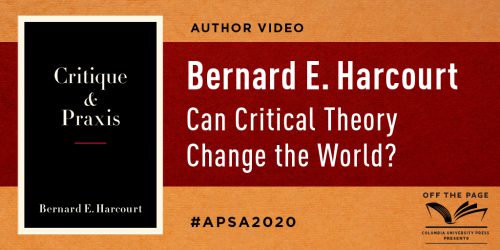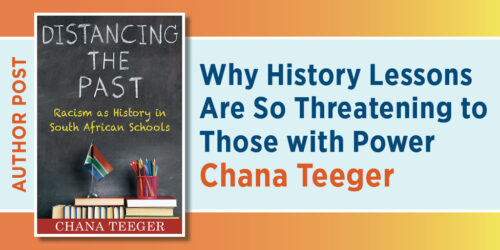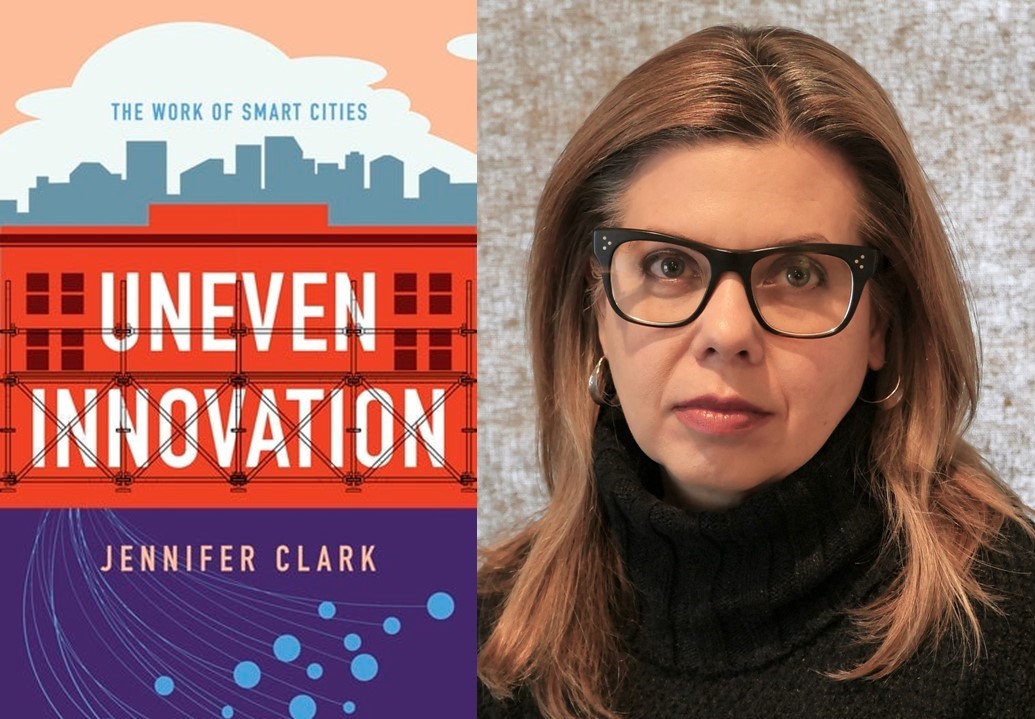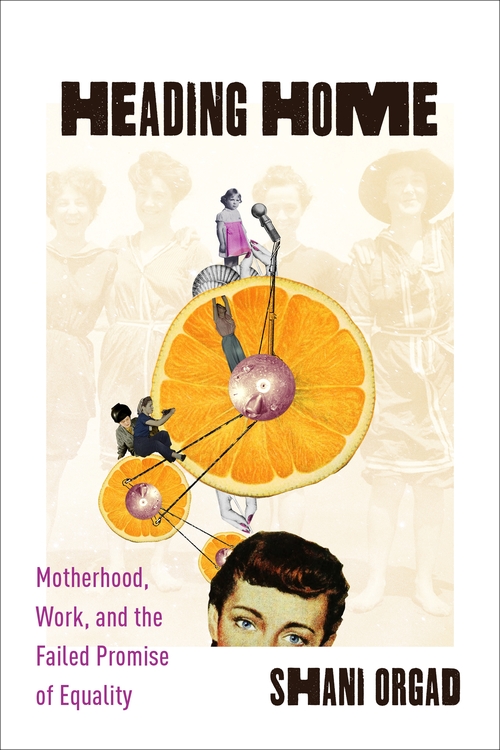Heath Brown on Homeschooling the Right

“In this exciting book, Heath Brown enlarges our understanding of conservative public policies and their relation to American political development, helps situate the homeschooling movement within the larger “New Right” enterprise, and offers a novel theory of conservative freedom policies as they operate through and outside of the state.”
~Kristin Goss, author of The Paradox of Gender Equality: How American Women’s Groups Gained and Lost Their Public Voice
The first author post of our APSA 2020 virtual exhibit is by Heath Brown, author of Homeschooling the Right: How Conservative Education Activism Erodes the State. In this forthcoming book, Brown provides a novel analysis of the homeschooling movement and its central role in conservative efforts to shrink the public sector. He traces the aftereffects of the passage of state homeschool policies in the 1980s and the results of ongoing conservative education activism on the broader political landscape.
• • • • • •
With the closure of schools and the mixed results of online learning, many American parents are now intimately familiar with what it means to homeschool their children. But they may be surprised to learn that they have become unwitting participants in the most powerful state-level political lobbying machine in America.
Homeschooling has been on the rise since the 1980s, and today its extent and influence is shrouded behind a policy regime designed to keep school officials and state legislators out of the loop. Thispolicy regime is part of a purposeful effort on the part of the homeschool movement to shield homeschooling from criticism and change, and to simultaneously keep homeschoolers at the ready for political mobilization.
For the last several years, I’ve studied the conservative wing of the homeschool movement for my book Homeschooling the Right: How Conservative Education Activism Erodes the State. The research was painstaking and often frustrated by incomplete data. But the trouble I had collecting data on homeschoolers is but a microcosm of the problem the government has regulating them. The movement has used its political powers to seal itself off from the public, limiting regular data collection, standardized assessment, and government oversight.
“State and local laws there forbade social workers from even checking on homeschooled children’s school progress, let alone entering the home to regularly assess the health and safety of the children.”
In an egregious case from 2018, homeschool parents in California brutally abused their children for years, unbeknownst to local officials. State and local laws there forbade social workers from even checking on homeschooled children’s school progress, let alone entering the home to regularly assess the health and safety of the children.
Much more common are rules that exempt homeschoolers from education standards. In eleven states parents are not required to have any contact with local officials—not even to notify the district of the decision to homeschool. Texas treats homeschools as private schools, while in North Carolina parents decide whether the homeschool will operate as a “private church school or school of religious charter” or “qualified nonpublic school.” In a majority of states, homeschools are exempt from mandatory state testing and assessment.
This lack of oversight limits what we know about homeschooling, even how many homeschoolers there are. Much of what we know is no more than educated guesswork. The Department of Education’s National Center for Education Statistics reports that between 2000 and 2016, homeschooling enrollment doubled to 1.7 million students—but even they don’t seem that confident in the estimate.
This was the central challenge in writing the book: How can you research a movement that very consciously does not want to be studied?
“Much more common are rules that exempt homeschoolers from education standards.”
I chose to focus on states that reported homeschool data by county, and also those that had a range of laws, from the very unregulated to the somewhat regulated. I settled on Arkansas, North Carolina, West Virginia, and Wisconsin, which have some of the fewest and loosest laws regulating homeschooling, as well as Colorado, Pennsylvania, Virginia, and Washington, which have stricter regulations. I used this non-random sample of states to analyze things like policy change and the prevalence of homeschool organizations. For example, I found that homeschool organizations are more numerous in low-regulation states compared to high-regulation states. Arkansas, a low-regulation state, has around five homeschool organizations per 100 students, while Pennsylavania, a high-regulation state, has just under two.
Happily, and despite the libertarian policy regime and aversion to being counted, the leaders of many of these homeschool organizations were willing to talk to me. I interviewed dozens of them about how they supported and represented the interests of homeschool parents.
One homeschool leader, who asked to remain anonymous but is from a rural part of the American South, told me, “We wanted a high-quality group for our own kids and saw the same need from other families. This drew us to create [the group].” Another leader from the Northeast explained to me: “Our group is not an actual face-to-face organization, so we just share information. Most of it is educational but some of it is about plumber recommendations and the like. We do not, as an organization, advocate in any way.” Many organizations operate just like this: providing the daily advice, mentoring, and support families need to educate at home.
“But other groups operate in states where homeschooling is under constant attack, and here these groups are as much political lobbies as they are educational resources.”
But other groups operate in states where homeschooling is under constant attack, and here these groups are as much political lobbies as they are educational resources. One legislative staffer in Michigan told ProPublica, “I’ve never seen a lobby more powerful and scary.” We can see this political bent in nationally distributed homeschooling magazines as well. In 1999, Clay and Sally Clarkson wrote in Practical Homeschooling, “Support the cause. Get involved in protecting your homeschool heritage by becoming politically active. Write and visit your state and federal legislators to educate them on Christian home education. Put a Christian face on what for them might be an anonymous public policy issue. Get to know their aides and office staff.”
To be sure, there are many homeschoolers who are not explicitly conservative Christians, and though I found homeschool parents are more likely to support Republican presidential candidates, there are many liberal and secular homeschoolers. But the most influential and politically active wing of the homeschool movement has been ideologically conservative and closely tied to the religious Right for the last thirty years.
This is something of a paradox for homeschoolers. They do not want to be studied, but they do want to be heard. They seek privacy from the state at all costs, but they remain hypervisible and active in politics and especially in presidential campaigns.
Take the work of Fran Eaton and her group, the Illinois Christian Home Educators Association. Freed from the standard district curriculum, families who homeschool in Illinois must find learning materials and lesson plans on their own. In 2000, Fran Eaton addressed that need by developing a five-week online civics curriculum centered on the presidential election. Eaton was no political neophyte: she had learned political organizing from conservative movement legend Phyllis Shlafly as the head of the Illinois chapter of the Eagle Forum.
“This is something of a paradox for homeschoolers. They do not want to be studied, but they do want to be heard.”
Thousands of families reportedly adopted Eaton’s lesson plans, which assigned points to students for completing certain activities. Visiting the local Republican headquarters would garner a student 200 points. Volunteering on the campaign brought another 200 points for each hour’s work. The 2004 curriculum explained to parents that all of the lessons that involved student time should be rewarded, “However, there are a few projects that have been assigned a higher point value due to their importance in getting President Bush re-elected.”
Soon, “Homeschoolers for Bush” emerged to tie these families together and mobilize them as campaigning force. After his victory, Bush sent thank-you letters to all the participating homeschool organizations. Years later, many of those same organizers coalesced into “Homeschoolers for Cruz,” a coalition of nearly 7,000 members, including future Trump administration immigration official Ken Cuccinelli. Though Cruz wasn’t the party’s choice, Grover Norquist listed homeschoolers as one of the key voting blocs Republicans needed to defeat Hillary Clinton. And, when Donald Trump won in 2016, he appointed the movement’s chief lobbyist, Will Estrada, to the presidential transition team.
Another semester in the COVID era approaches, and thousands of parents are scrambling to figure out exactly how much education will happen at home. Some families are forming small learning pods with private tutors, skirting the edges of the homeschool world. Will these learning pods be scrutinized by education officials and found to be adequate to meet students’ educational needs? Or will these learning pods operate with the historic exemptions and freedom granted to homeschoolers? And the most fateful question: Will learning-pod families find common cause with homeschoolers and form an even more powerful new coalition, one that rejects state education and further erodes public schools?








